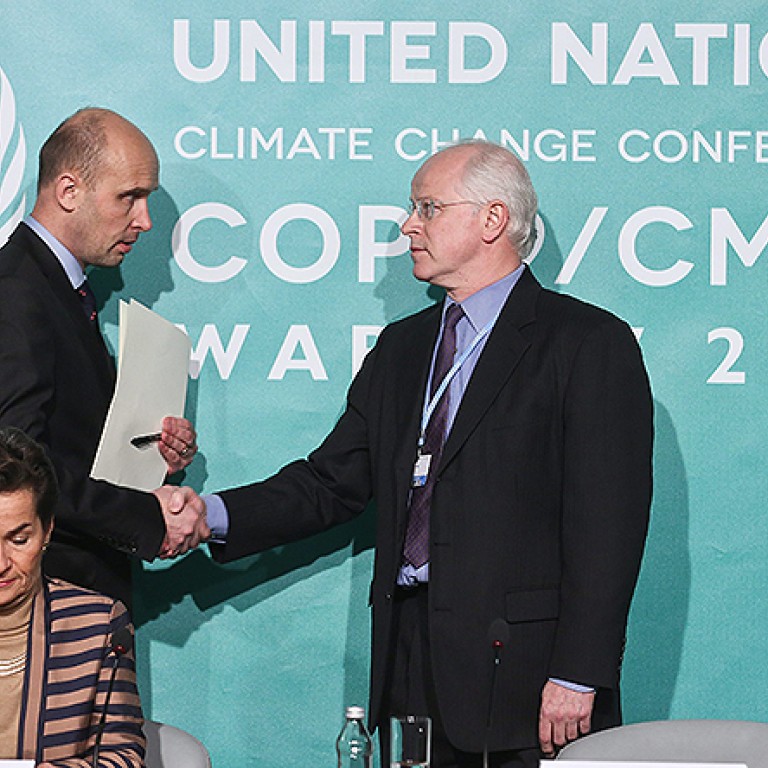
Studies say planet warming quickly, warn of sudden environmental effects
Scientists say sudden climate shifts could appear in years or decades and call for an early warning system to anticipate such changes
Scientists have sounded alarms with a pair of studies challenging the idea that climate change is occurring gradually over the century and that its worst effects can be avoided by keeping emissions below a critical threshold.

Scientists based their findings, in part, on the study of climate history as recorded in tree rings, ocean sediment and ice cores. They found the timeline punctuated by big, sudden changes, including ocean circulation shifts and mass extinctions.
As a result of the burning of fossil fuels, industrial activity and deforestation, the amount of carbon dioxide and other heat-trapping greenhouse gases in the atmosphere has soared to levels not seen in millions of years. The scientists say the accelerating gas levels increase the risk of reaching various "tipping points", leaving nature and society little time to react.
"To wilfully ignore the threat of abrupt change could lead to more costs, loss of life, suffering and environmental degradation," said the council, an arm of the National Academies that produces reports for the US government. Even slow and steady changes in climate could have sudden repercussions, the report said. A slight increase in sea level could be enough to overtop a levee during a storm, and a tiny rise in ocean acidity from carbon dioxide could make seawater inhospitable to coral.
The scientists also call for an early warning system to anticipate sudden climate shifts. They envision a network of satellites and land-based monitors tracking ocean temperatures near polar ice sheets and methane levels in the Arctic.
Those monitors would work alongside existing networks for drought, famine and groundwater depletion.
"We watch our streets, we watch our banks. But we do not watch our environment with the same amount of care and zeal," said James White, a climatologist at the University of Colorado, Boulder and chairman of the committee that wrote the report.
A separate study published on Tuesday challenges a widely held view that the world can avoid the most dangerous consequences of climate change by limiting emissions to one trillion tonnes of carbon since pre-industrial times. Staying below that ceiling would keep global temperatures from rising by more than two degrees Celsius, a threshold the United Nations-backed Intergovernmental Panel on Climate Change has endorsed.
An international group of scientists, health experts, legal scholars and economists under the auspices of Columbia University says the cap is too high. Fossil fuel emissions must be kept to half that and global warming held to about one Celsius to avert disastrous consequences, they say, including sea level rises and irreversible ecological harm.
"If we don't get on a downward emissions pathway this decade, young people are likely to inherit a climate system with dramatic consequences out of their control," said James Hansen, the climate scientist who led the study.
